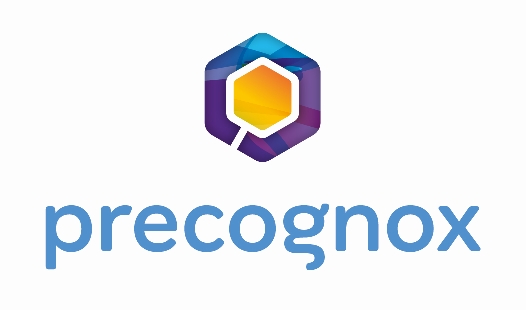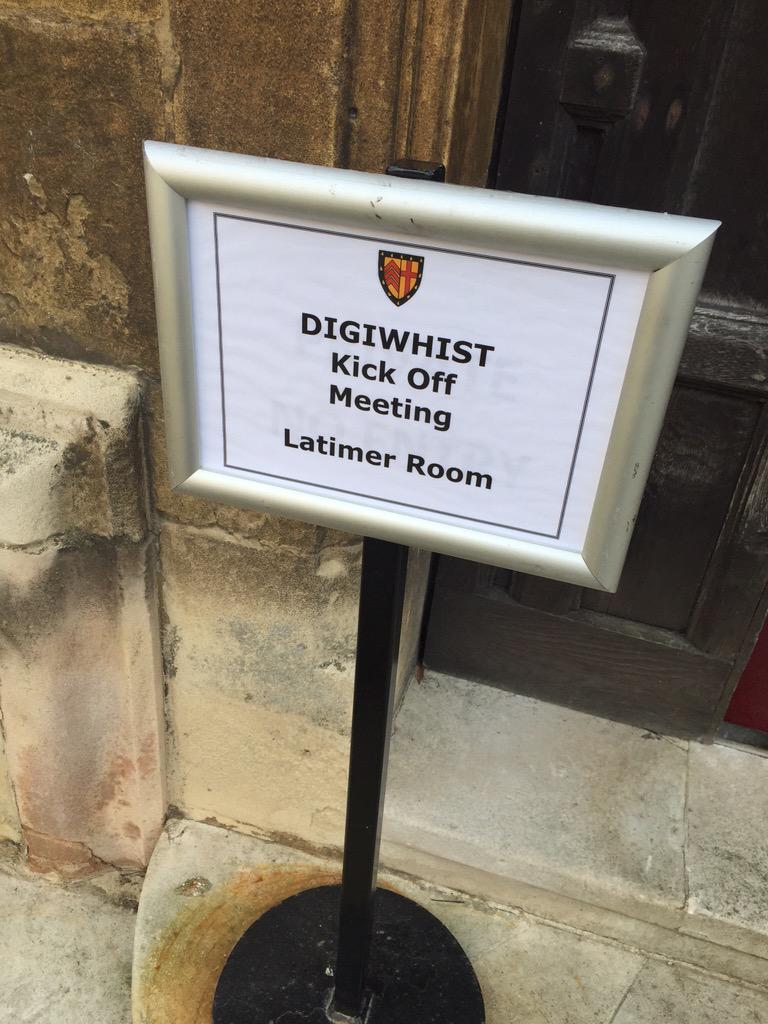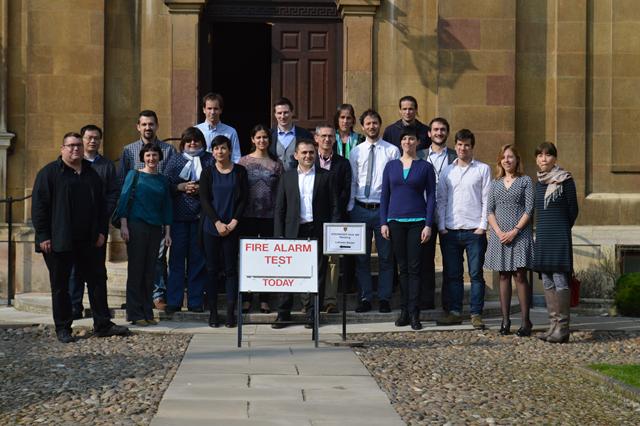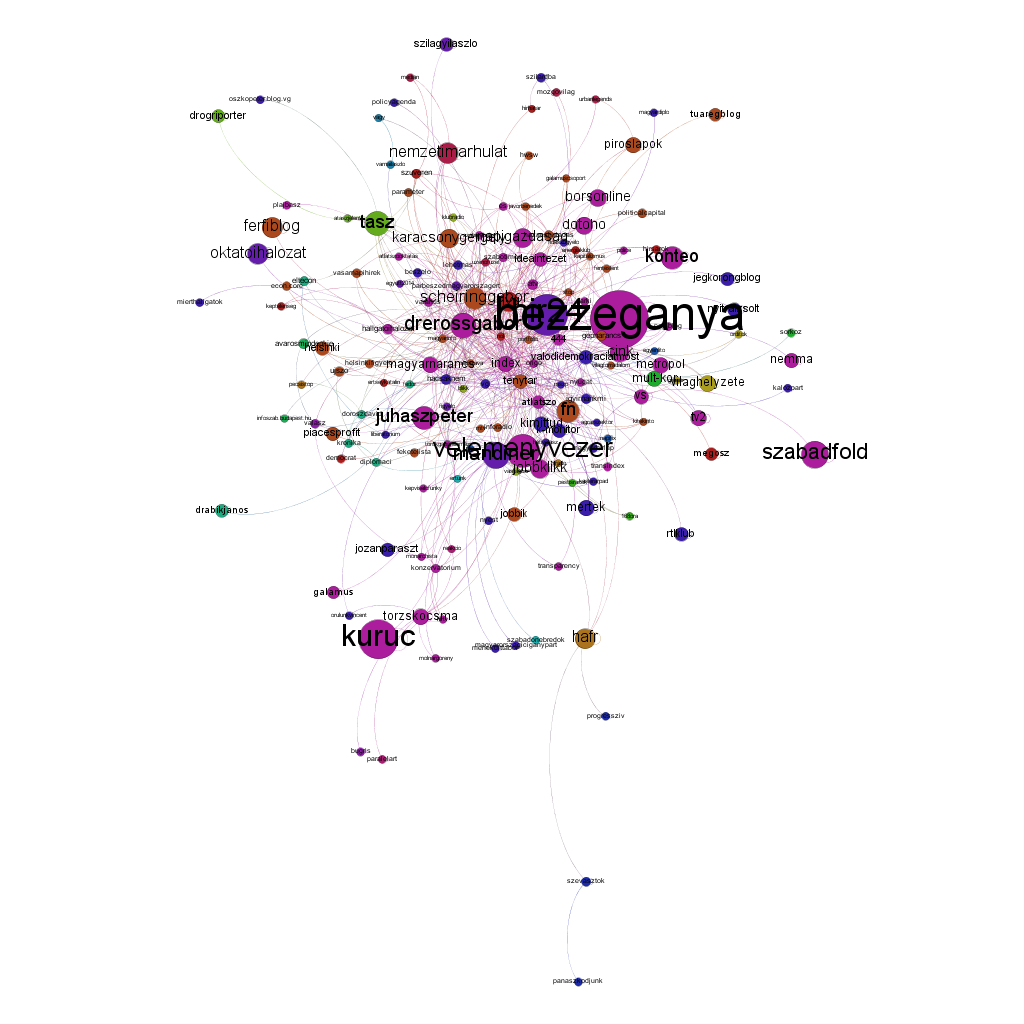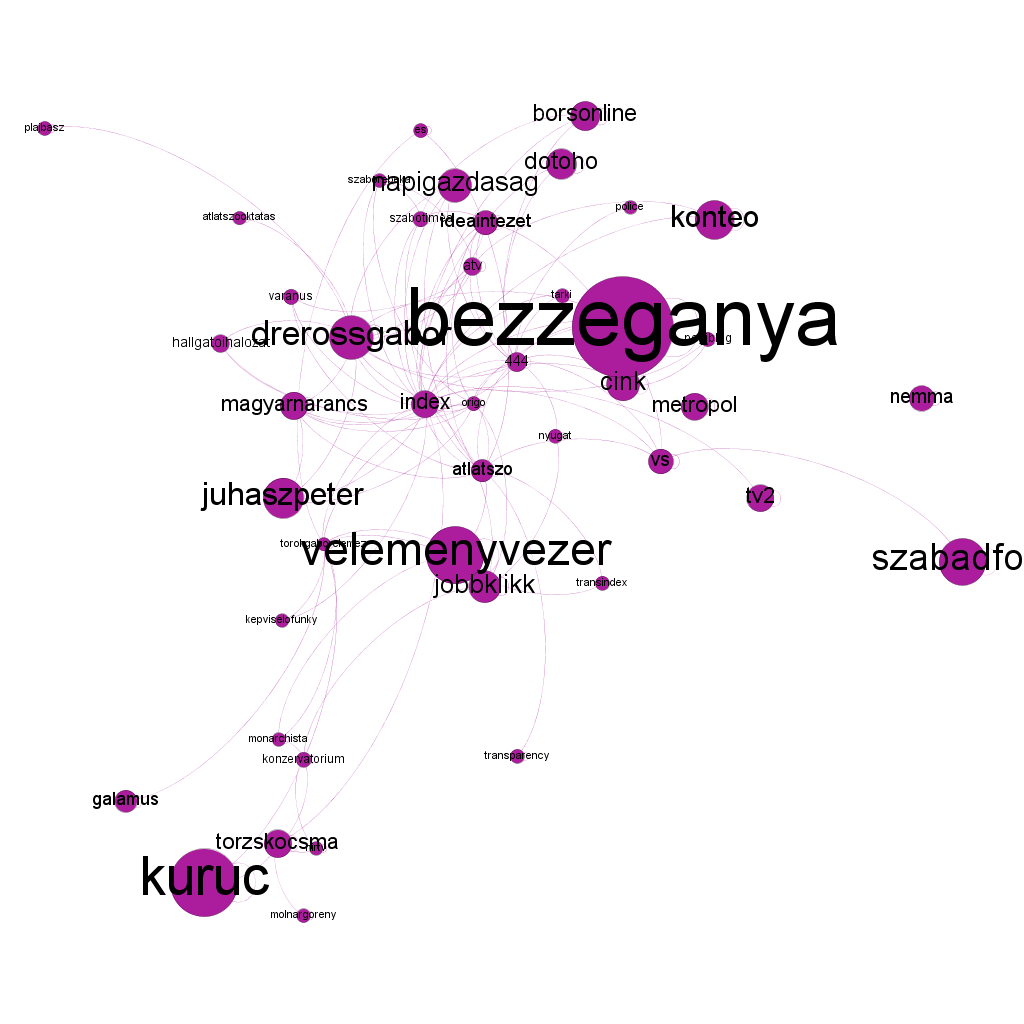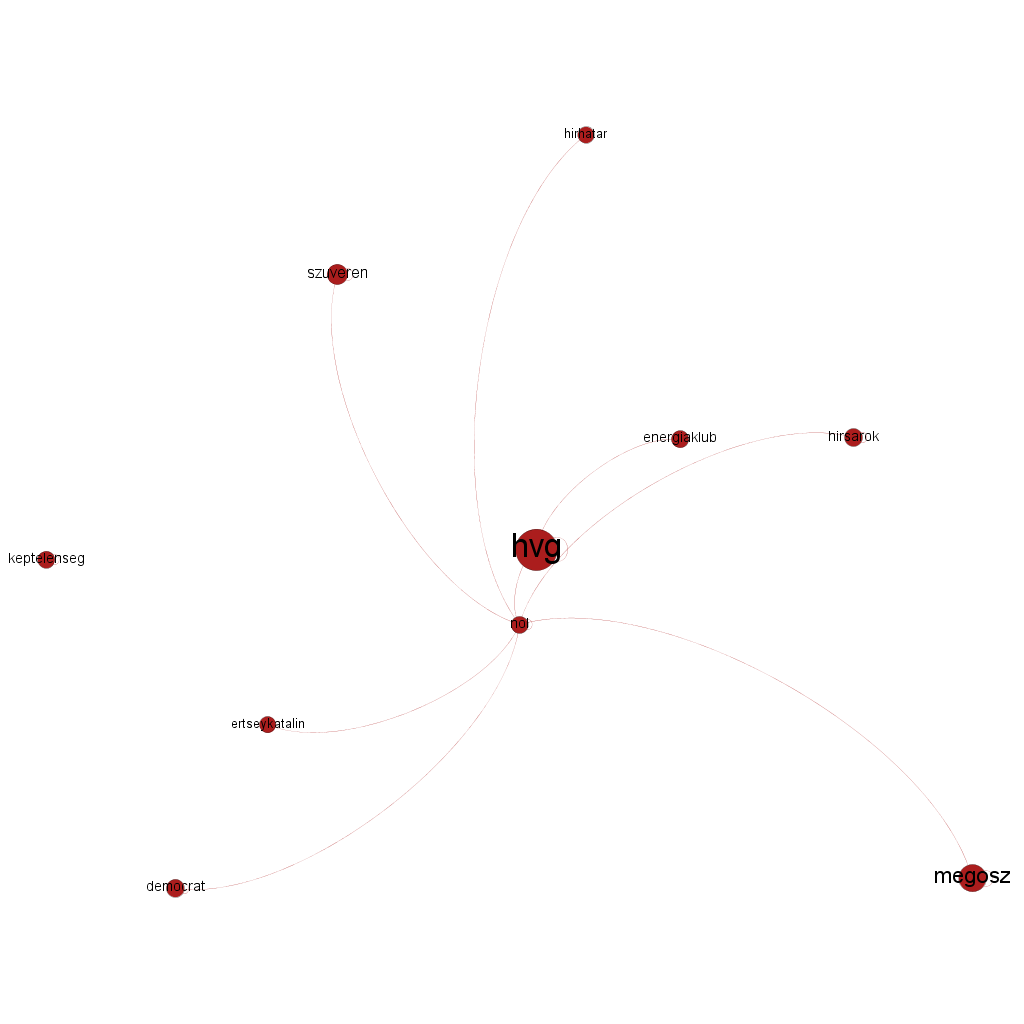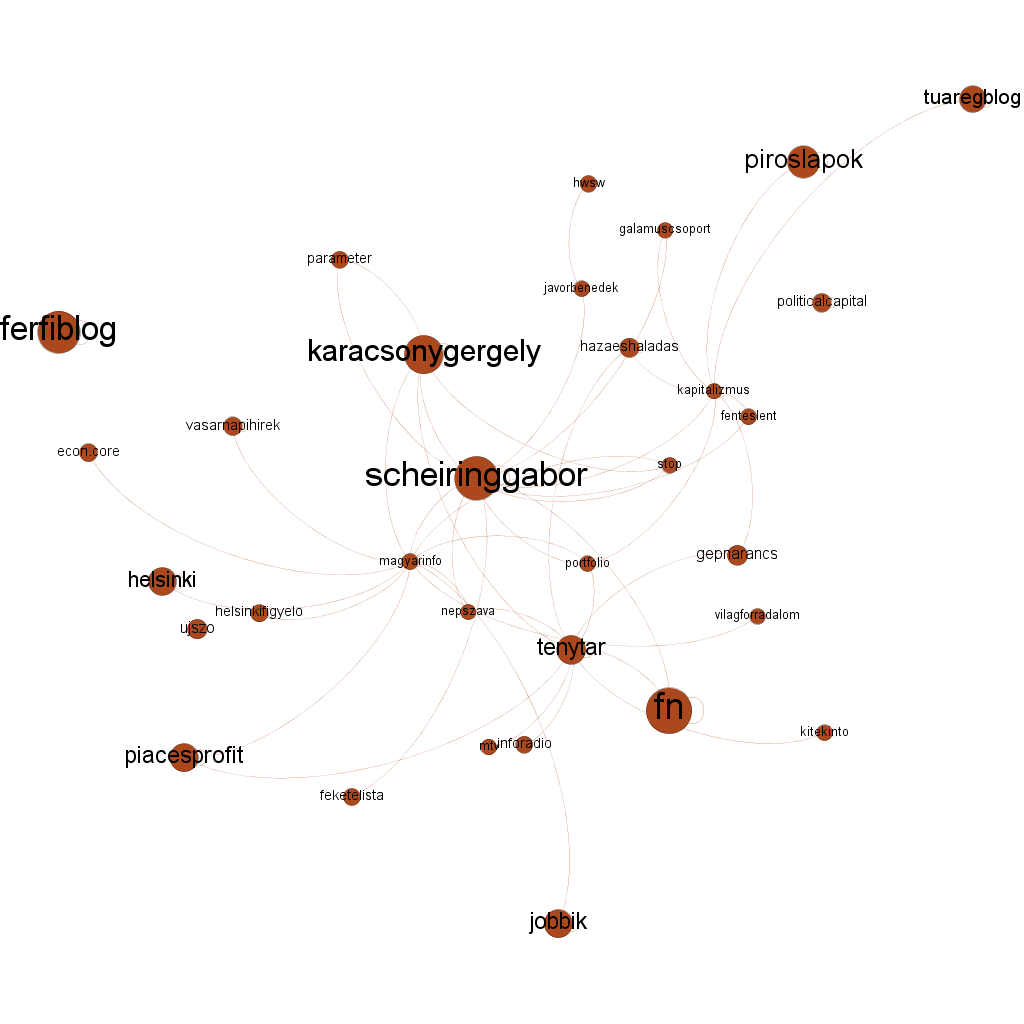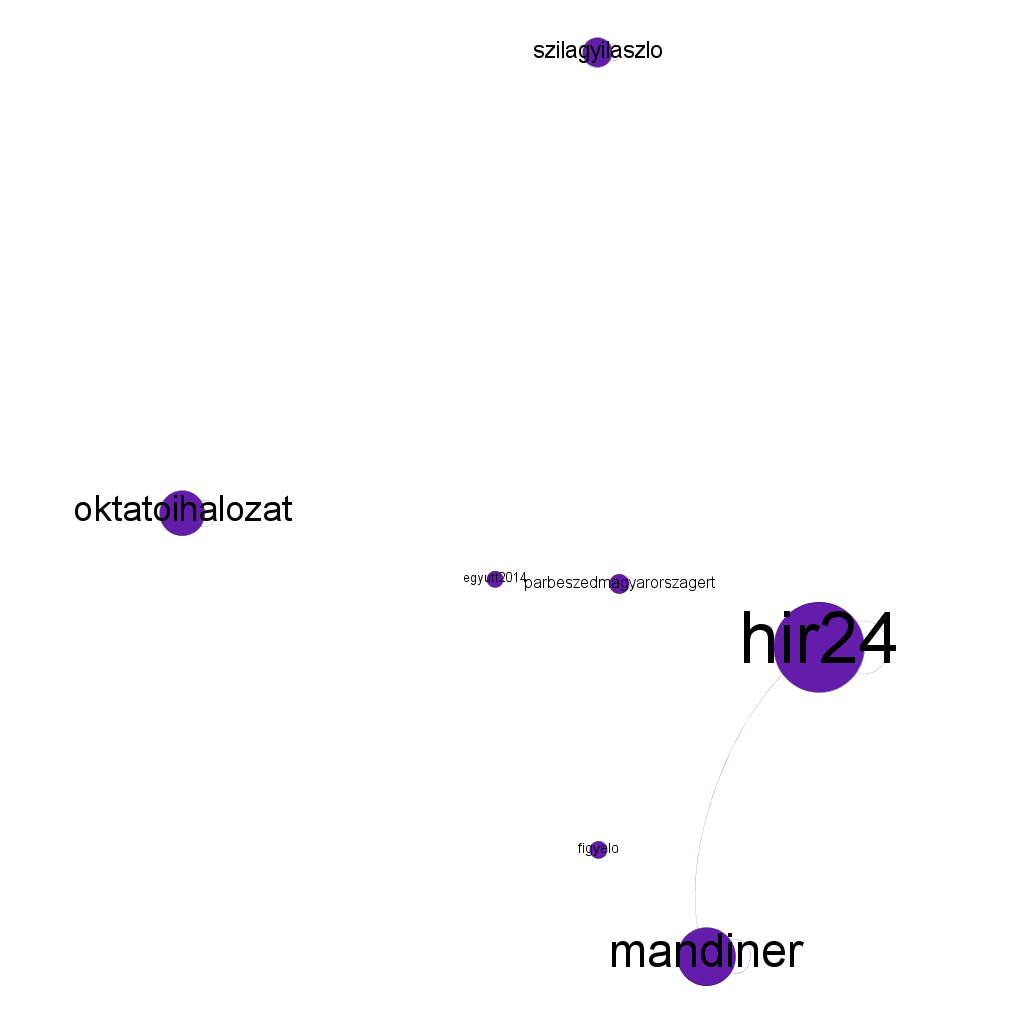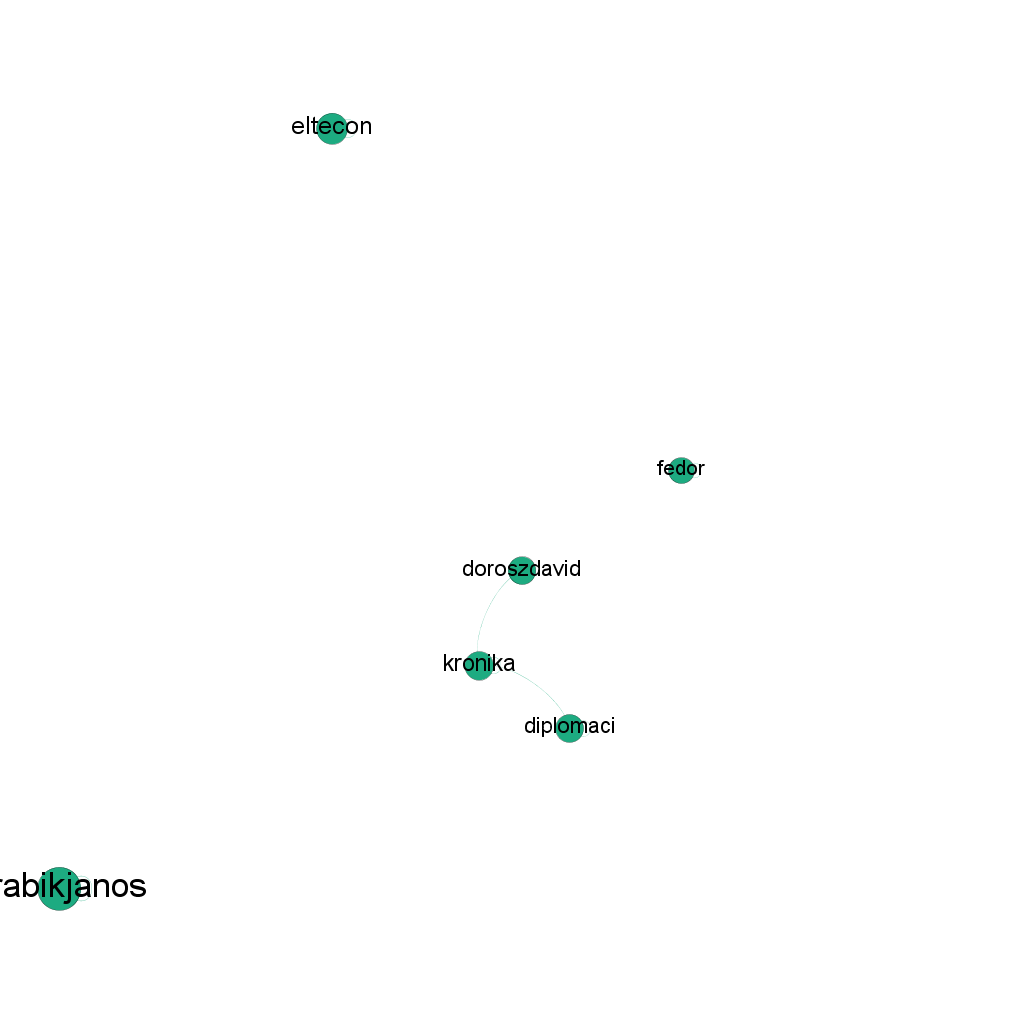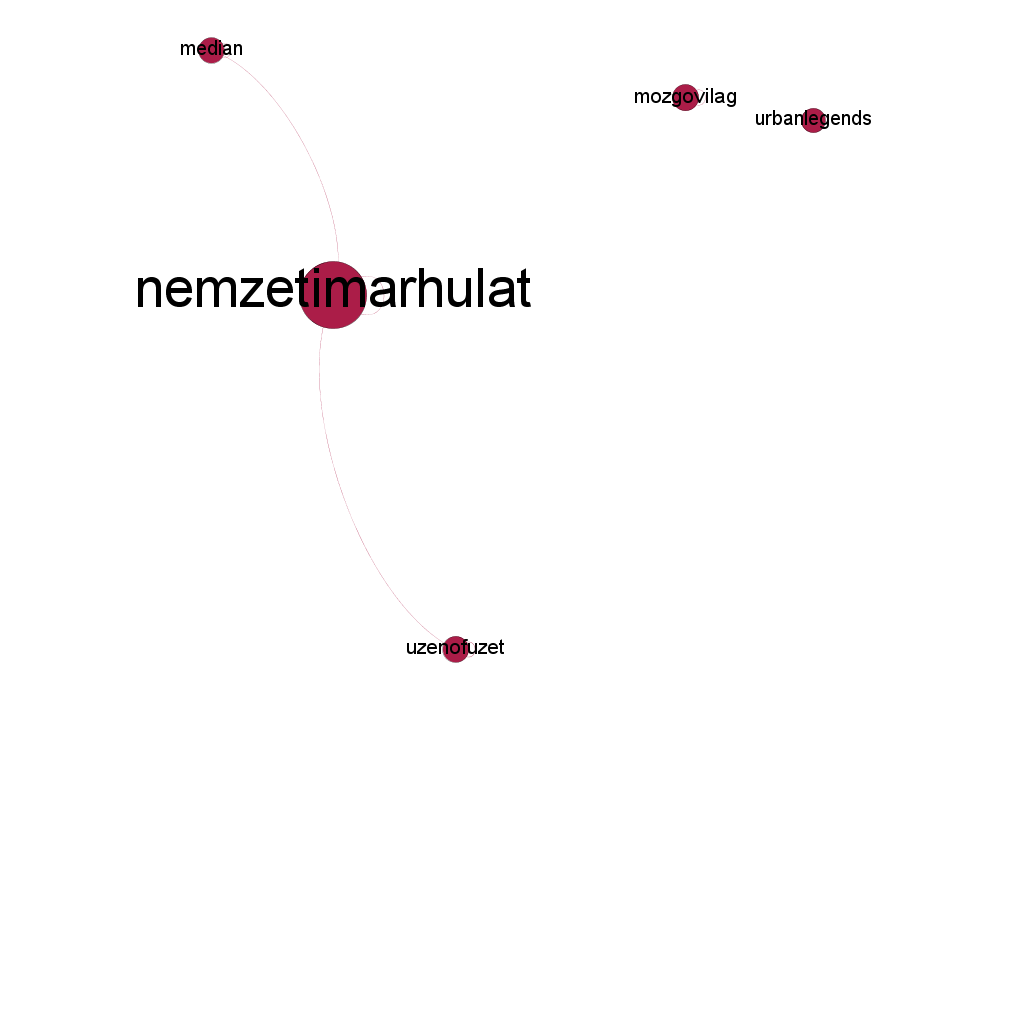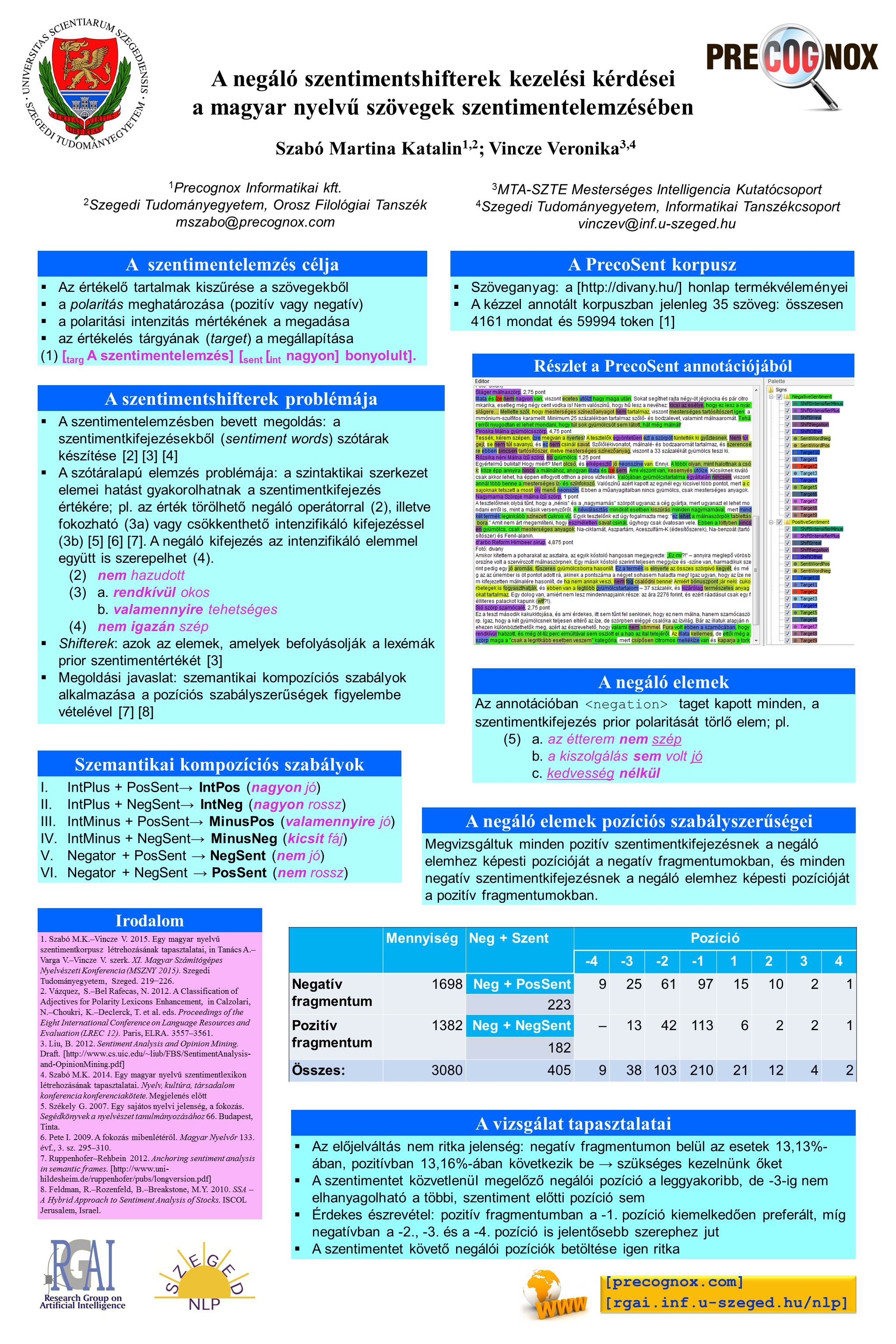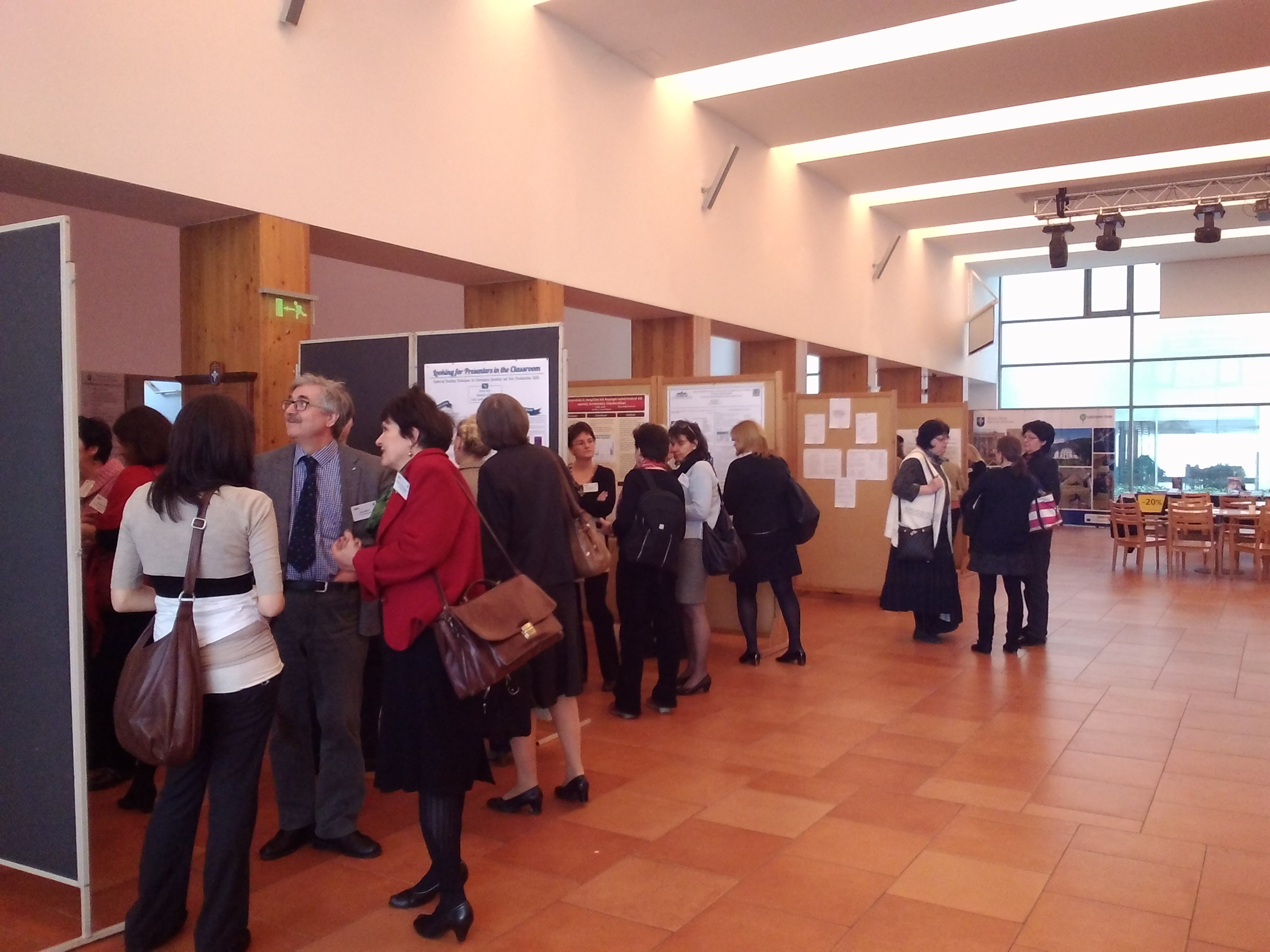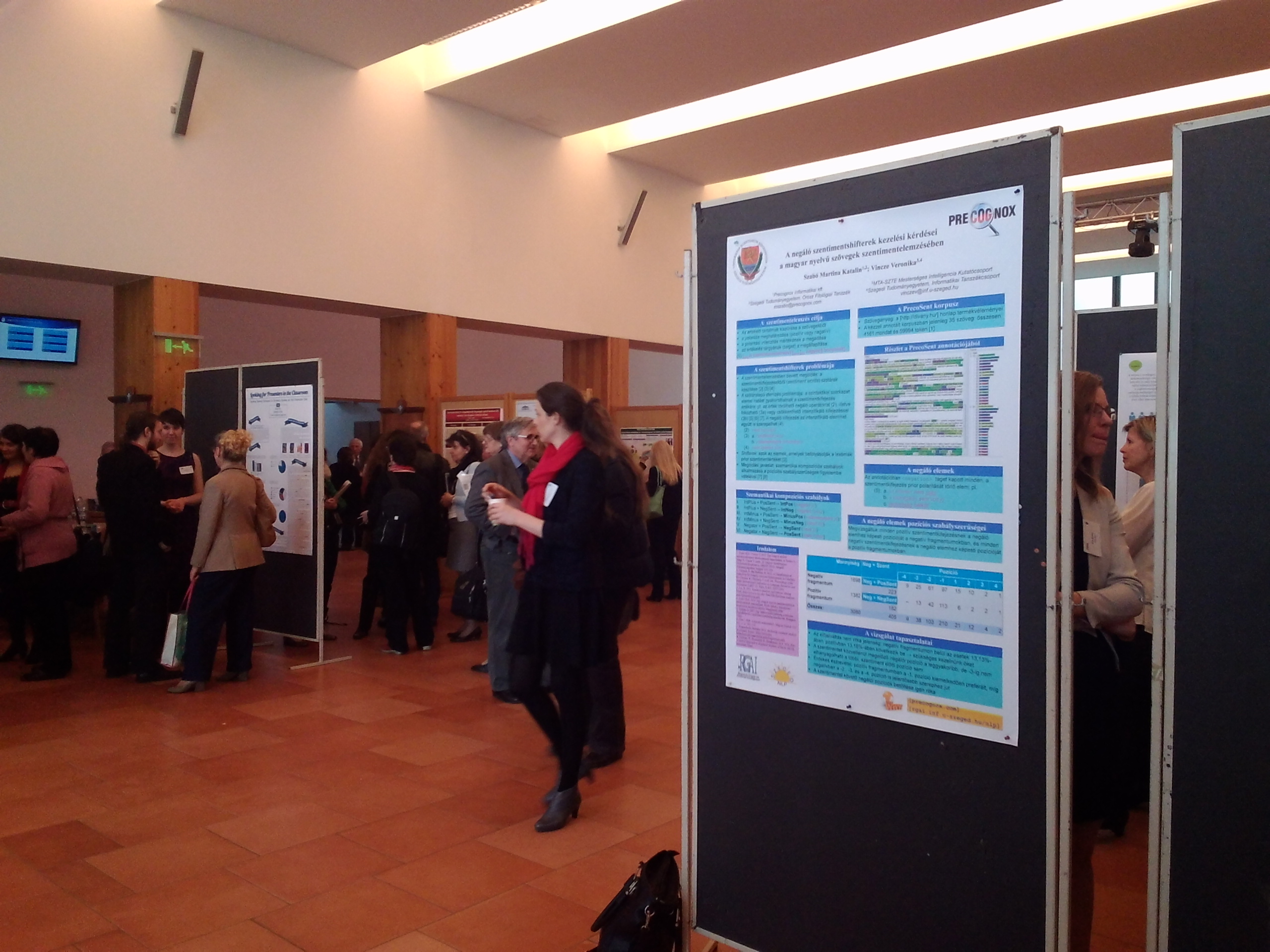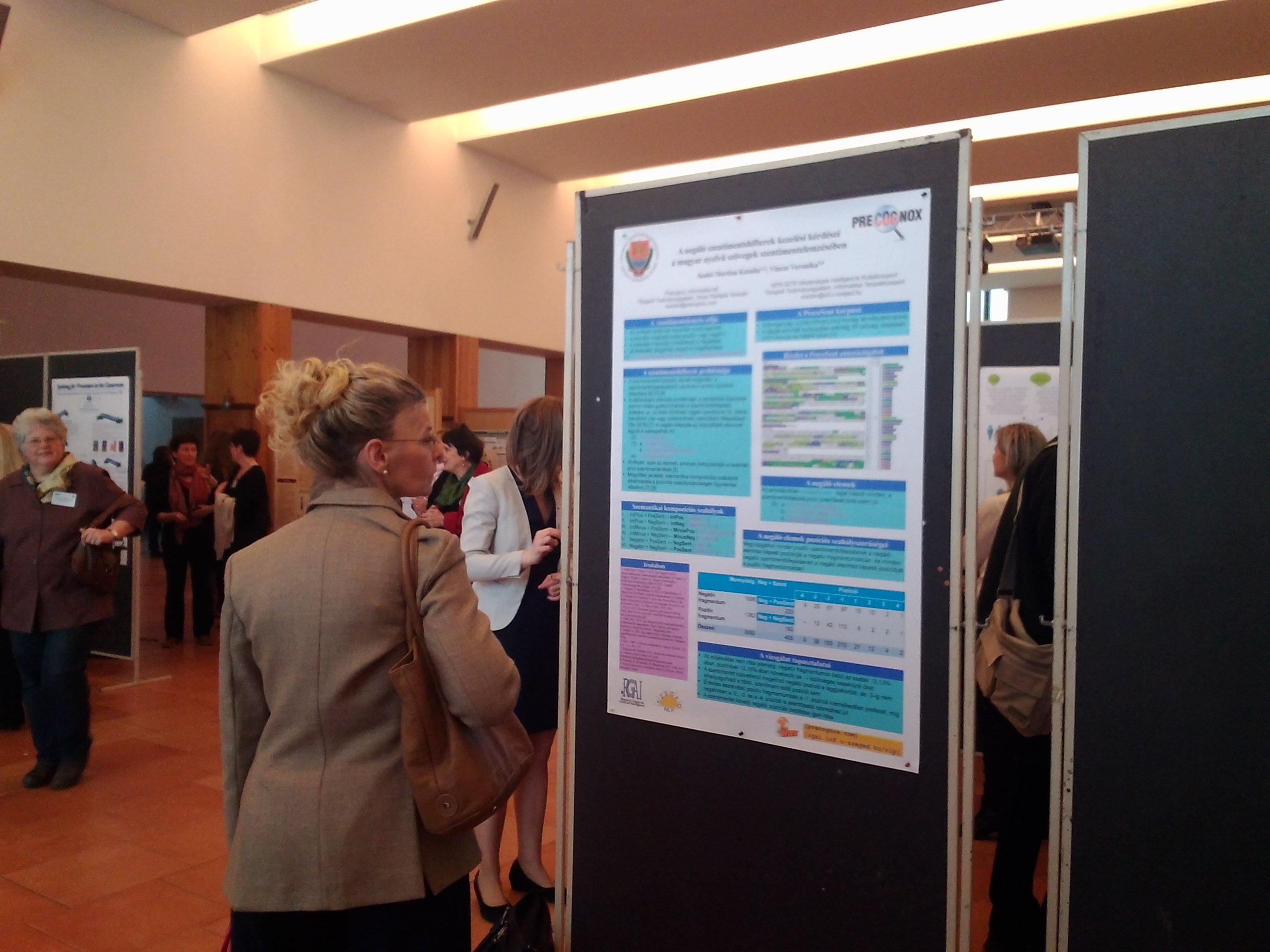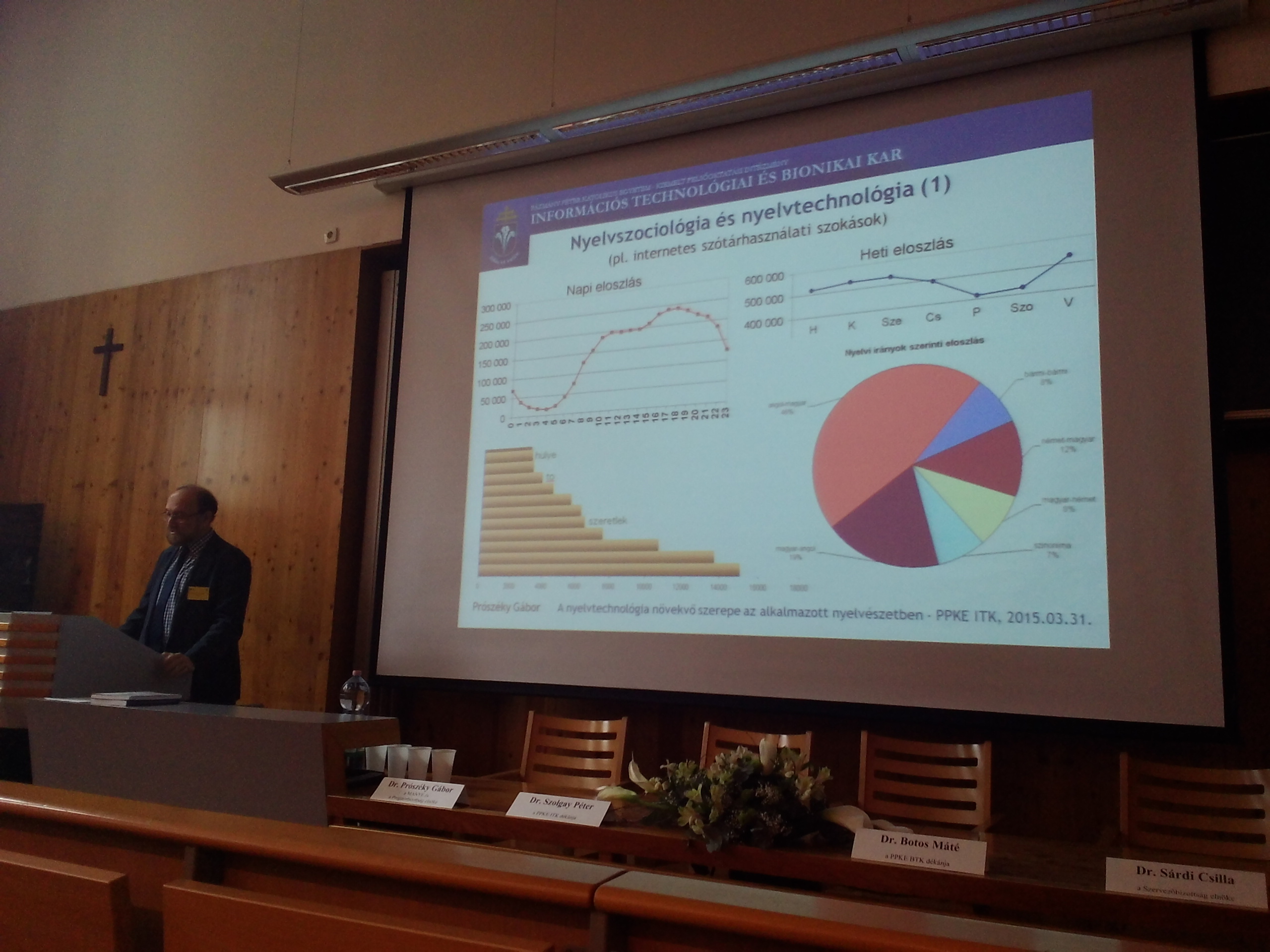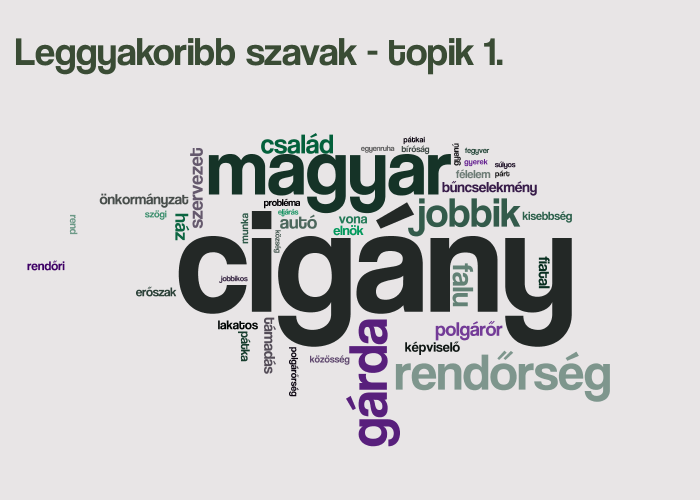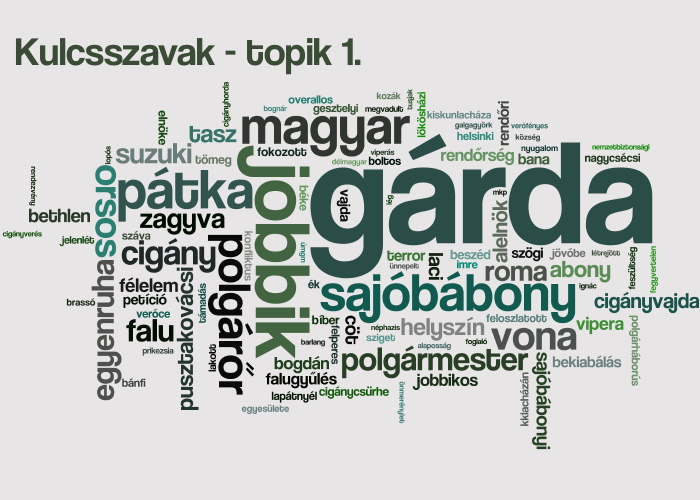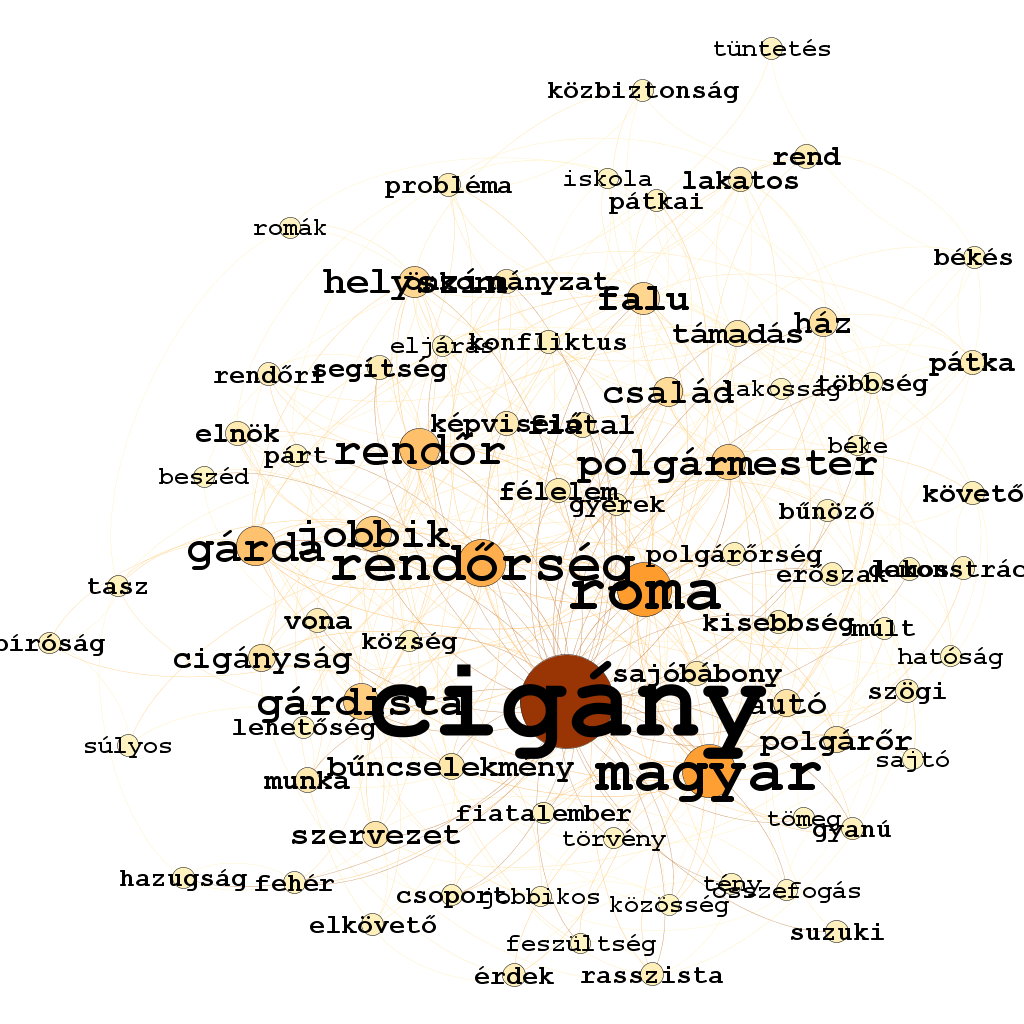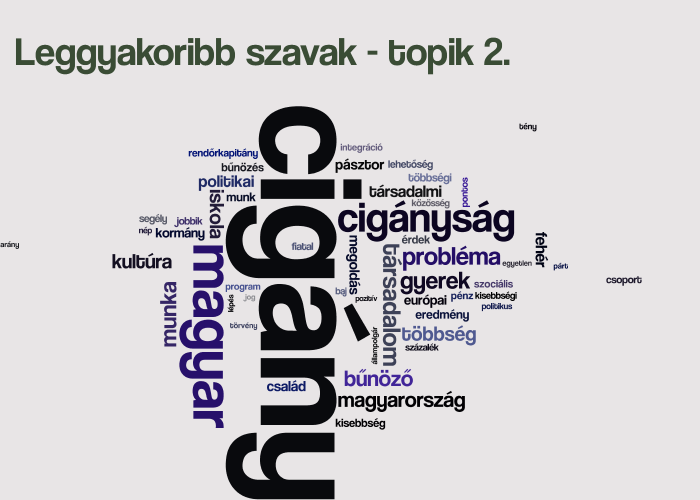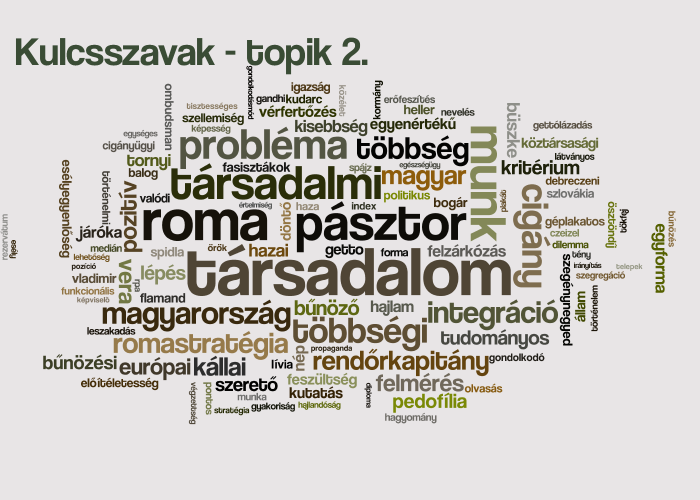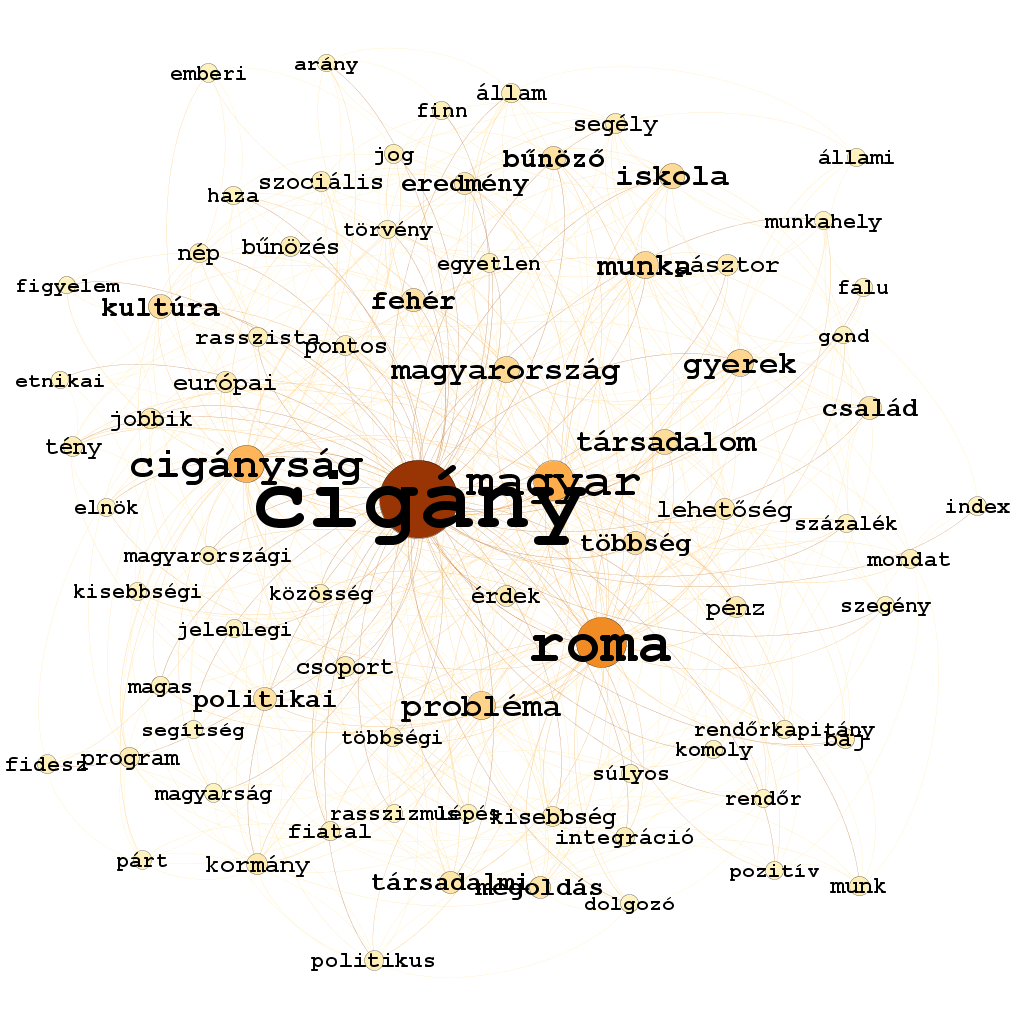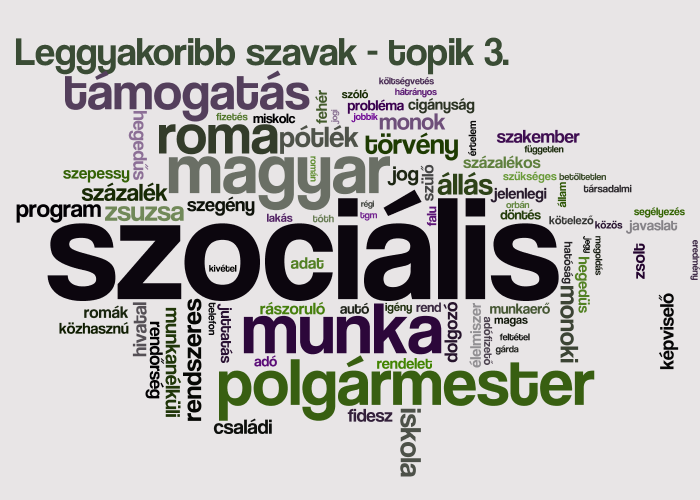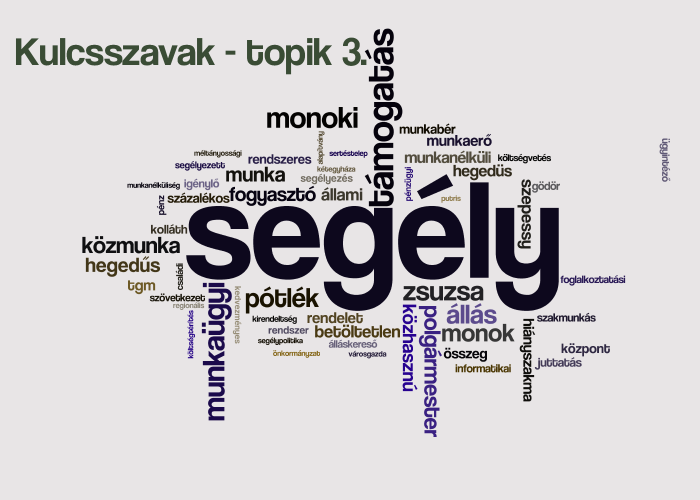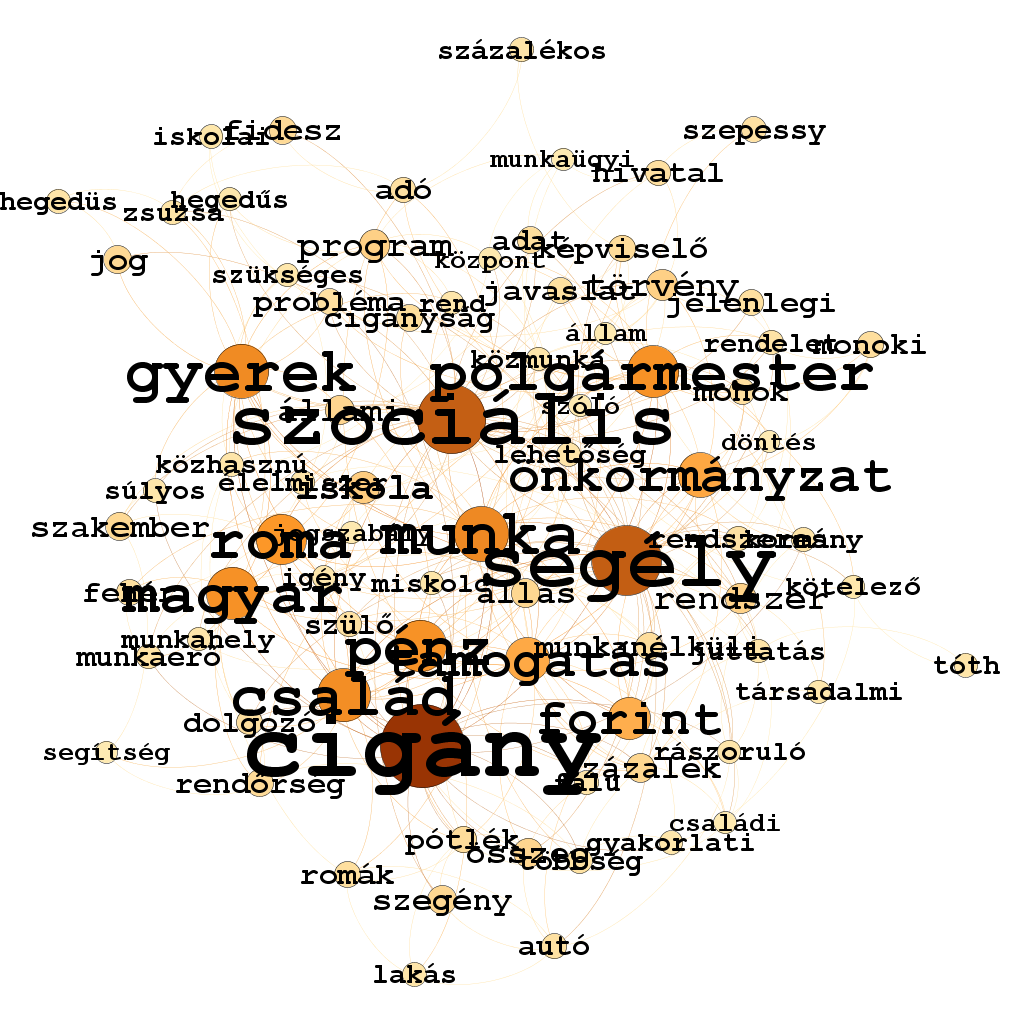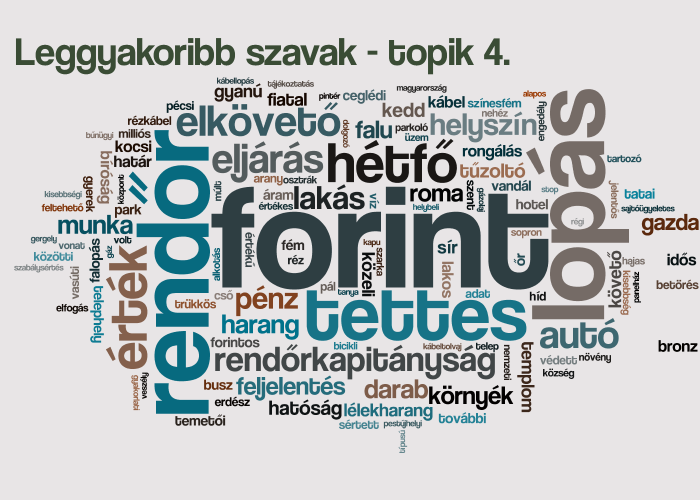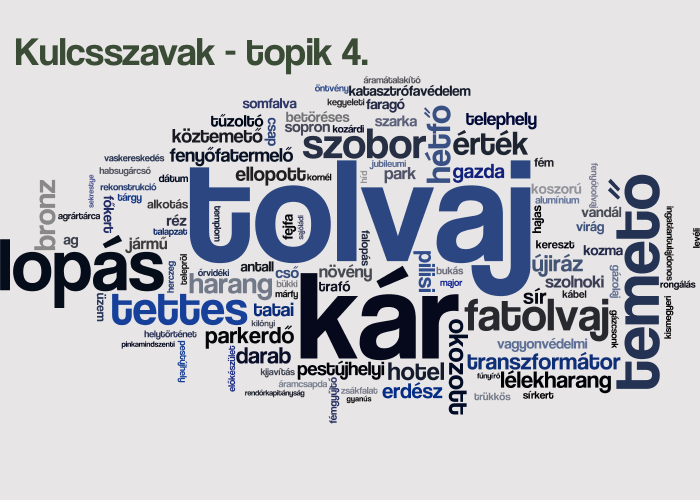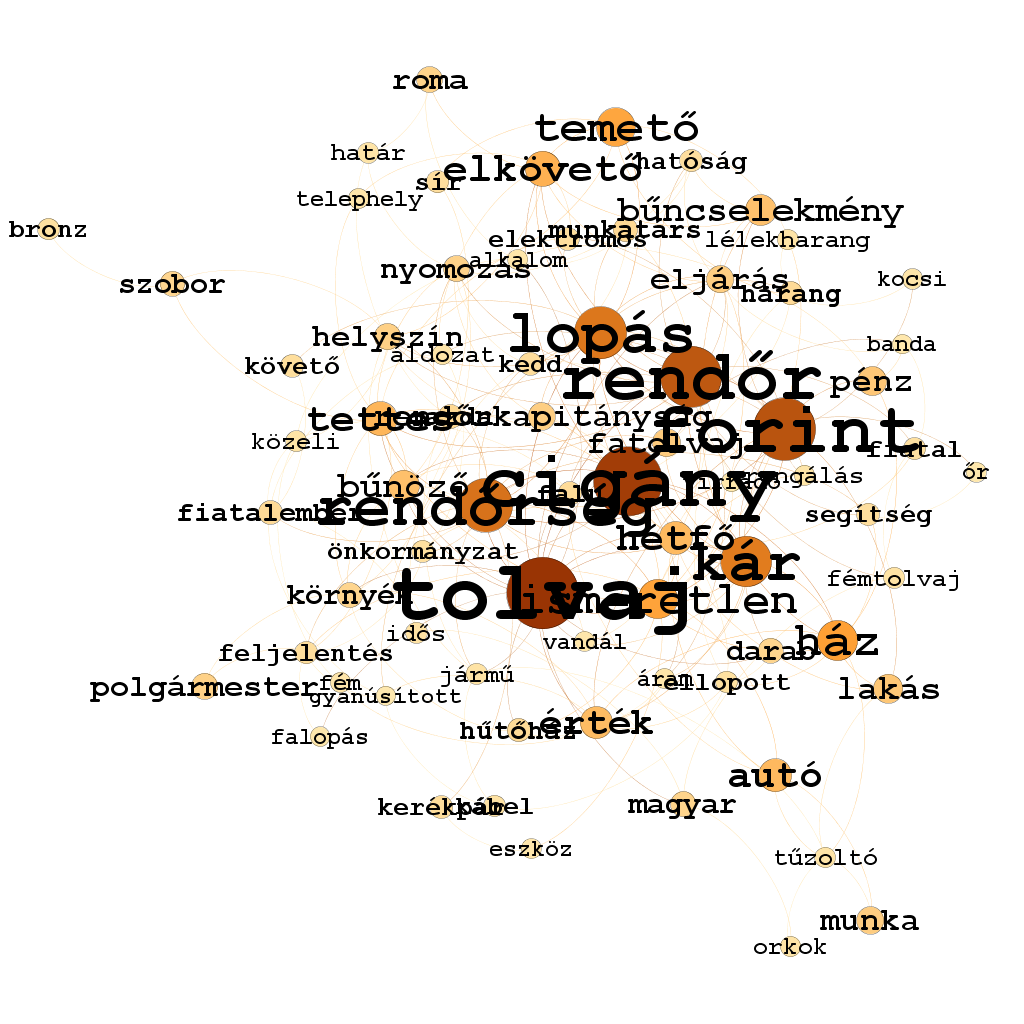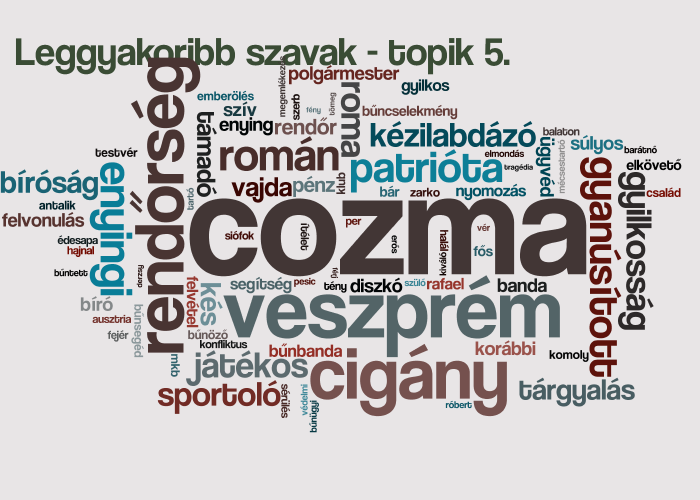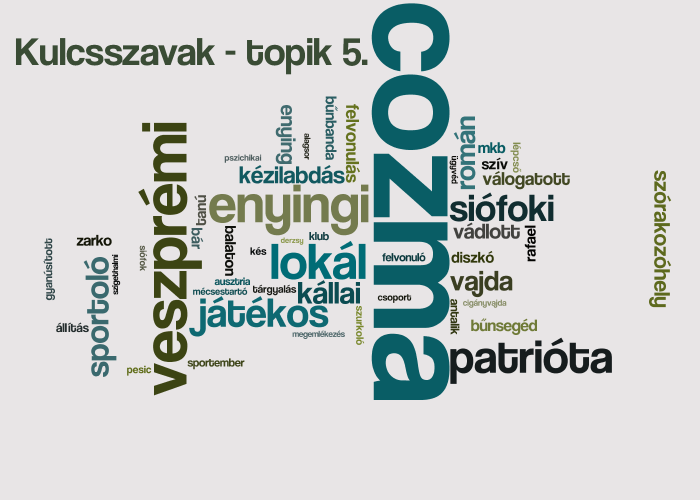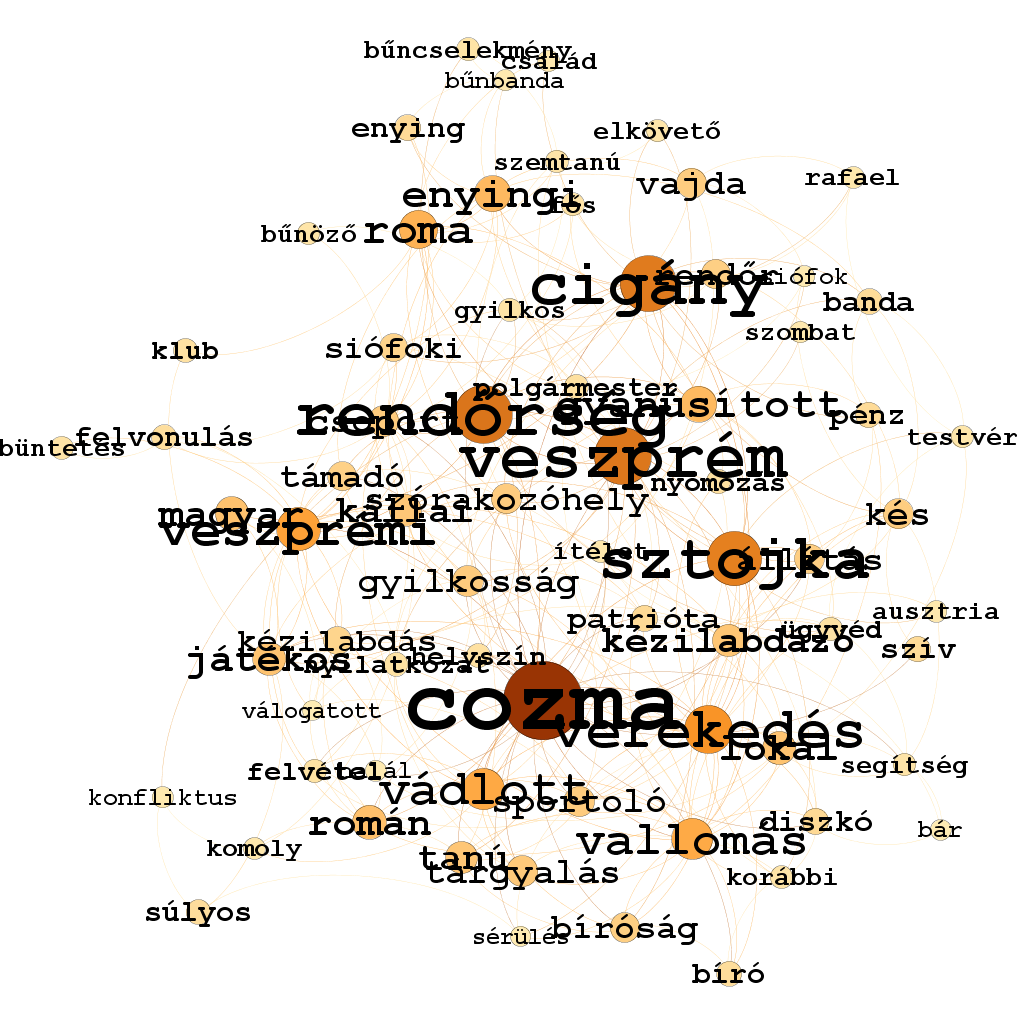Today KConnect launches its official website: www.kconnect.eu and begins the commercialisation of new multi-lingual medical text analysis and search services.

The new state-of-the-art medical information search services have the ability to empower healthcare and life science professionals and the public alike. The search services can provide the fastest and most relevant medical support information available from which users can make the best-informed decisions.
The intelligent (semantic) search services can incorporate both published medical literature and in-house medical information sources (such as electronic health records or health registries).
The quality of the search performance can help clinicians and researchers remain at the forefront of their profession. By having the right knowledge about best practices and treatments at their fingertips, clinicians can ensure the very best in patient outcomes and a healthier community, says Professor Robert Stewart, Department of Psychological Medicine, King’s College London.
Intelligent search for better user experience
The search services have been made ‘intelligent’ by understanding the meaning/context/intent of user queries. The very best in medical information is made more findable by the fact that the semantic search is not just based on query keywords but also on related concepts and contexts.
The user search box has the ability to understand keyword connotations, related concepts and their relationships within a medical context. Such machine comprehension is also employed in the ‘reading’ (indexing, classifying and annotating) of medical content so that the most relevant information can be found even if a user’s chosen keyword happens to be absent within the text.
Search global medical information in any language
The accurate language mapping of key medical concepts allows users to search in their own language (currently there are several European languages available with more to follow). The addition of machine translation means that information can be provided either in English or the source’s original language.
Building blocks for tailored medical services
Individually created components and toolkits mean that an organisation can tailor its search-driven medical solutions according to its own requirements. There are several tailoring options available including information sources, access (cloud or local installation), language, security, functionality (alerts, recommendations and social search) and whether the created solution is either standalone or embedded.
Partnership opportunities
Due to the expected demand for its services, KConnect is looking to extend its Professional Service Community by looking for new partners to help with the quick and wider adoption of its services.
Contacts
Sales (Northern Europe): Mikael Hallin
Email: mikael.hallin@findwise.com
Mobile: +46 (0)725 455105
www.findwise.com
Sales (Eastern Europe): Endre Jofoldi
Email: endre.jofoldi@precognox.com
Mobile: +36 (0)208 861391
www.precognox.com
Research: Allan Hanbury
Email: allan.hanbury@tuwien.ac.at
Mobile: +43 1 58801 188310
www.tuwien.ac.at
The KConnect Consortium:
Vienna University of Technology (Austria); Findwise AB (Sweden); Precognox Kft (Hungary); Ontotext AD (Bulgaria); Trip Database Ltd (UK); Health on the Net Foundation (Switzerland); Qulturum, Region Jönköping County (Sweden); King’s College London (UK); University of Sheffield (UK); Charles University, Prague (Czech Republic).
Source: PRNewsWire
